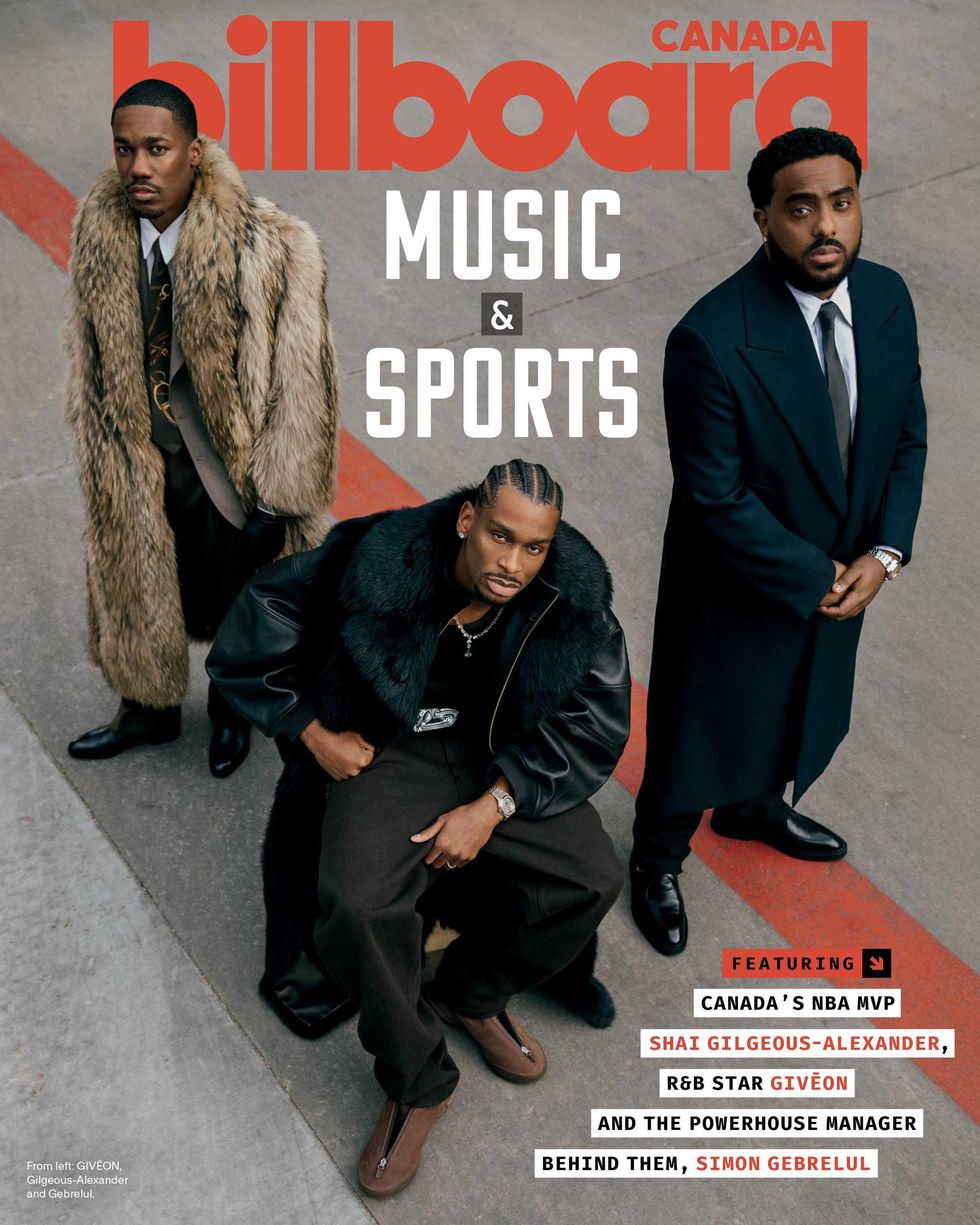Smart Speakers Challenge Current Radio IDs
The world is your oyster when it comes to listening to radio on smartspeakers, but there are challenges that many radio stations have yet to confront and broadcasters here need to act fast before they are lost in the dust of the universal audio band.
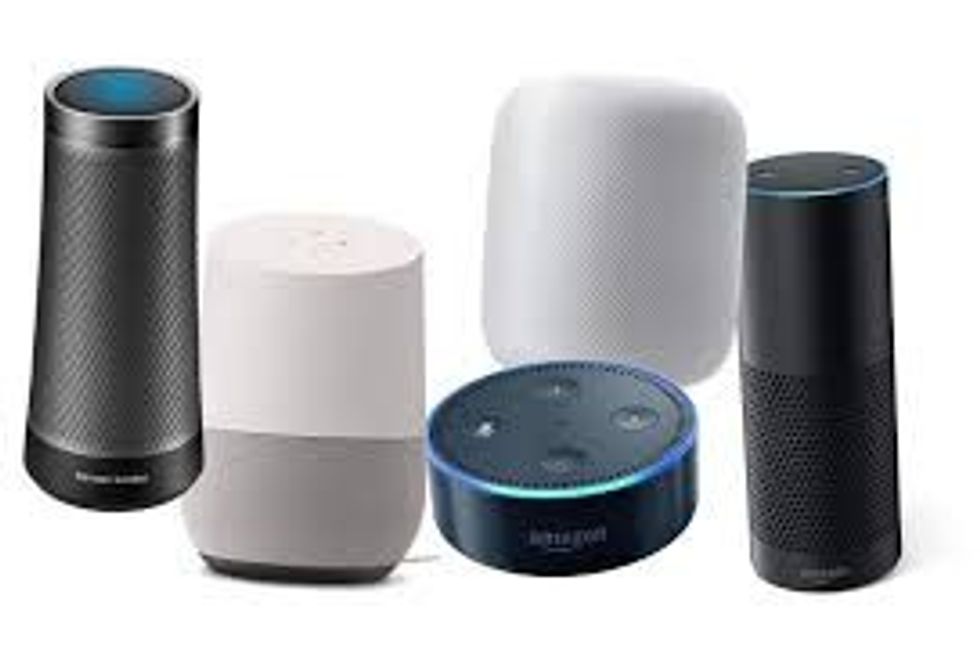
By Pat Holiday
Smart Speakers Challenge Current Radio IDs
This is the 1st of a two-part feature by Pat Holiday about smart speakers: What they do, how they affect radio, and why you need to get one.
Over the past several months I’ve gotten into surprising conversations with a lot of radio people. Programmers, jocks, even the head of a major radio chain – All had no idea what a smart speaker does. Most didn’t own one and had no plans on getting one. That wasn’t a total shock because I didn’t think anything of them either, until I was given one. Then things changed – a lot. I threw a little of this out on Facebook in January after getting both an Amazon and Google unit. They do act differently a little.
More on this in the 2nd half of this piece that appears in Friday’s edition.
So rather than try to bring everyone up to speed in person a few at a time, let’s try this article for everyone.
I’m going to lay out what I see as the problems (and there are large ones) they pose for radio, along with the advantages if you seize the moment. THIS moment. Because I believe the window is closing fast. You’ll see why in a few minutes.
Let me point out up front that I’m only a user, not an expert on these. They’re sort of like Microsoft Excel. Using only 5% of what they can actually do is more than enough to make you productive. And, like Excel, there are people and companies who know far more of the intricacies of these units than I ever care to know. On the other hand radio has been my entire life so it’s hard not to see the obvious where they intersect.
These speakers are game changers. That’ll become evident at the end when I go through some of Edison Research’s findings. They’re adoption is coming at a really quick pace. They’re on par with smartphone adoption and a ton of other things we now take for granted. Penetration now is 20% of the population: 1 year ago, 17%: 4 years from now 50% is expected in the U.S. My across the hall office neighbor, Kaan Yigit of Solutions Research, mentioned that so far it’s a slightly slower adoption in Canada.
Slightly.
Looking out 10 years? Well, you get the idea.
Speaker owners generally listen to some form of audio more because of these units than before. It varies from their own music (like iTunes), Pandora, Spotify, podcasts, audio books, radio stations of all types and so forth. They DO cut down real radio listening time. BUT, they can also lengthen your station’s radio listening time if you take the time to get them into your plus column. Ages are sort of evenly split. More women use them than men at present.
But I’m bouncing thoughts here.
Let’s start at the beginning. First, here’s what a smart speaker does. You ask it to do something and it does it instantly. Or, it basically comes back with an answer that it doesn’t know what you want. In a nutshell that’s it. One or the other.
Some examples (Done means answer is perfect, within about 2 seconds)
Divide 256 by 13.99654 – Done
What’s 13% of $817? - Done
What’s the weather? – Done
Who is Sean Connery? – Done
Set timer for 10 minutes – Done
Turn on living room light – Done (if you own the light unit)
Play Humble & Fred Podcast – Done
Turn on A/C – Done (if you own the thermostat unit)
Remind me at 9pm to watch Taken - Done
What’s the 7-day forecast? – Done
What’s tomorrow’s weather in Chicago? - Done
Convert 6 ounces into grams – Done
How many KMs in 22 miles? - Done
Call my son – (with a little pre-work hookup – Done) *Excellent for an aging parent who lives alone and gets into trouble falling etc. If they can yell, they can call regardless of where the phone actually is. (This alone will sell a ton of units)
Read me a recipe for spaghetti squash – Sometimes done, sometimes needs more specific info.
Get the idea? Sort of like Goggling something except you get it back in audio form.
But that’s also the problem. It’s audio.
Imagine going to a web browser without the ability to spell a common word differently to differentiate your website from another? I.e.: www.Greatradio.com versus www.Gr8radio.com. Energy or Energie. Capital or Capitol. You can’t separate them with audio on a smart speaker. It’s spoken. That is a huge deal.
Some actual examples of me, in Toronto, wanting to get Toronto or other specific stations, on my smart speakers. In each instance I’m alerting the unit, “Alexa” and then saying “play”… “Alexa, play Kiss FM”
This is what I ask for versus what I actually get.
Kiss Radio = Kiss Vancouver
Kiss FM = KIIS L.A. (blocked) or a Kiss station in Italy
Virgin Radio = Paris
Virgin Radio 999 = Rural Catholic Radio
Virgin FM = Italy (Milan)
Virgin 999 = Nothing
Virgin Ninety-Nine 9 = Nothing
Virgin Radio Calgary = Paris
Virgin Radio Vancouver = Paris
99-point 9 Virgin Radio = Correct station
AM740 = Correct station
AM640 = Correct station
CFRB = Correct station
Newstalk Ten Ten = Correct station
Mix FM = Ireland or Britain (couldn’t tell)
Mix Radio = Defaults to same as Mix FM
Boom FM = Nothing
Boom Radio = Nothing
Boom 97 point 3 = Correct station
Energy Radio = Nothing
Energy FM = Nothing
Heart FM = Some station in Eastern Europe
Heart Radio = Bounces to ‘iHeart Radio not available in your country’
Bob FM = Nothing
Jazz FM = London England
Jazz Radio = Nothing
KIX FM or KIX Radio = Defaults to KISS because it can’t tell the difference in words between KIX and KISS no matter how clearly I tried to say it.
See the problem? Your station can become very hard, or impossible, to tune to. Especially if you have a brand name that a ton of other stations also use like KISS, Hot, Virgin, MIX, WOLF, and so forth. Your brand name is compromised if some other station (like Paris or Vancouver in the examples above) already owns the channel path. Oddly what always seems to work is actual call letters. How’s that for a throwback?
So does something more specific like “KISS Ninety Two Five,”. However, moving the words only a little bit like “Ninety Two Five, KISS” gets you nothing. In a world of many similar named stations you need to be EXTREMELY specific. That’s a problem.
Google reacts similarly but not exactly. Say, “Hey Google, play ________” and you get this.
Heart FM = Heart FM London England
Heart Radio = Heart FM London England
Capital FM = Capital FM London England
Capital Radio = Capital FM London England
Energy FM = Energy FM 99.7 somewhere in England
Energy Radio = A net station focusing on uplifting your spirits and well-being.
Obviously Energie…is going to get you the same as Energy above.
The end results are different.
You can see pretty clearly that the best approach in a perfect world is going to be rebranding with some name that no station is using and that you service mark and own completely. It’s only yours. From there people will at least be able to hit your owned station despite the city being wrong. That’s fixable later on. Such as, “Alexa play Monkeyface FM” or “Alexa play Monkeyface FM Calgary” or “Alexa play Monkeyface FM Toronto” or “Alexa play Monkeyface FM Ottawa”. The key being owning Monkeyface FM. Yes, it’s a horrible name but you get the point. It’s unique and unused. At least I hope no one would ever use it.
Capital FM in England has all their networked stations covered with “Capital FM London” “Capital FM Manchester” “Capital FM Hastings” etc. Ditto for their Heart branded stations. They appear to own their names for the world. That makes sense to me because their parent company has always been ahead of the curve with technology. Way ahead. Now though, their foresight is entering our world instead of staying on the other side of the Atlantic.
Amazon has these routines you can add called SKILLS. They basically interchange what you say into what you want to happen. So, you can train your unit to play any station (if you can get to it) by saying whatever you want. So, it may be, “Alexa, wake me at 7am to my music.” And the unit will turn on a 7am and go to whatever station you allocated to the end of that routine. Ok, problem solved right? Not really. Every single unit owner has to do that. The odds? likely under 5%.
I’m computer literate enough that I could easily teach at an Apple store and even I wouldn’t be bothered. Not that it’s super hard to do. It’s just that a regular listener won’t be bothered unless they LOVE your radio station. How much does that happen nowadays? LOVE your station? Not so much. So the ones that are already on the unit, the easy ones, will get the pickings.
There are companies who can get this universally done for you with Amazon and presumably do the whole world as a default but I’m not sure how that works. And they say they can, but can they actually? Don’t know. I do know that Google has stopped temporarily from setting up those ‘world’ defaulting terms for now.
You can see their problem instantly. Every single KISS station is going to want to be the default, and so forth. Hence the advice above to figure out a brand new, never used, totally owned by you, station name. And do it now before anyone beats you to it.
Or go back to call letters.
A few more HUGE things…
Once you own one of these and use them even sparingly, you have zero use for an actual radio. Edison Research shows that 30% of owners don’t have any radios in their households. I can’t remember the last time I listened to any actual radio at home. The speaker just handles it. So, these things remove the ‘dial’ so to speak. Again…this factor alone makes these incredibly dangerous to radio. There is no way to stress this enough. It’s deadly.
Both units take their cues from Tune-in. Trying to get an iHeart Radio station** or Canada Radio Player station on these units will completely fail unless they’re also on Tune-in. No idea why. Perhaps that’s what Google and Amazon built these for or what they’re comfortable with. Perhaps their next target is radio itself so they’re trying to shut competition out.
**Note: This applies to Canada. Seems you can get iHeart stations on these in the U.S., although from experience, not always. I had a tough time getting many L.A. iHeart stations while in Florida.
Amazon, Google, and Apple (soon to debut their smart speakers) are monstrous companies. These units are their new growth category. They will get these close to 70-80% penetration within the next decade.
Probably sooner.
Tough to remember but in 2011 smartphone ownership was just 35%. Today it’s close to 80%. Seven years… And that was without Amazon in the picture. Now all 3 companies will be pounding the virtues of these units.
Lastly, when you have a smart speaker, you can’t help but make mistakes or hitting new stations that are surprises. Ones you didn’t want or ask for. On the other hand, many of these stations will be excellent. Way better than what you’re currently listening to terrestrially. More focused, no spots, highly curated music that’s just excellent. That’s scary too. Because in our old radio terms it’s like some new station got licensed in your city with a signal just as good as yours and signed on sounding fantastic…and some listeners found it by accident and stayed. Here’s a real life example. I asked for Jazz FM trying to get that here in Toronto. I caught a station in London. It was light years better than Jazz FM here. Zero comparison. If I loved Jazz and listened to Jazz FM here I’d be gone before Miles touched his horn.
Let’s bounce to some positives.
AM radio is just as strong as FM. On these speakers (or phones) they’re identical. Clear, strong, instant play (if you get the name right), and in every market. It’s your stream, not your tower now. AM’s are at complete parity with FM’s. Perhaps this explains why Newstalk Stations have been unexplainably gaining 18-34-year-old listeners. Maybe it’s as simple as now they are on the same ‘band’ as music stations. So, NT is a choice again.
The other side of this both negative and positive is that every station is in your market. If someone lives in Calgary but has a cottage in Canmore, now they can easily hear any Calgary station they want without any mountain repeaters. All of a sudden small markets have competitors. If you’re in a big market like Vancouver or Toronto, you too have new competitors. The onus is going to be more and more on your station to be amazing or you’re going to get cleaned by some amazing station elsewhere. Can’t happen? Remember Spotify had no chance of surviving?
I see this as a plus. Your station is in every market in the world. How amazing is that? Know a market that your format isn’t in? Maybe a few billboards in that market make sense to pick up online listeners. Is there a close town/city that has awful stations? Maybe some billboards in that station touting your excellent (it had better be) station works well too
This entire thing is like Déjà vu of the dominance of AM music radio. Thousands, probably hundreds of thousands, of people lived in cities or towns hundreds if not a thousand miles from the radio station they loved and listened to; typically at night but daytime too depending on their signal. When I grew up virtually everyone I knew in my teens and 20’s listened to WABC in NYC, WLS or WCFL Chicago, CKLW Windsor/Detroit, or WKBW Buffalo. No one listened to the local stations unless you couldn’t hear one of those juggernauts.
I regularly listen now to stations all over the world, simply because… I can.
People will listen to whatever they think is awesome – once they know it exists and how to get to it. That’s the easy part, getting to it. “Alexa, play CBS FM”. As just one example. What’s that take, maybe a second? You don’t even have to get up from what you’re doing. No phone to fiddle with, no radio dial to change, no car button to push, no app, no computer, no ‘Tune-in’ scrolling. Heck, it’s barely a sentence. Scary S#!@.
How about some facts and a view of our future!
One needs only look to the UK.
UK RADIO has seen its digital audience share jump to 50.9 per cent for the first time, boosted by voice assistant devices such as Amazon's Alexa.
The latest quarterly figures from RAJAR show that one-in-two listeners are now using DAB (digital radio) or online streaming. The other fifty per cent are still using analogue radio: Amazon Echo helps push digital radio audience past FM
UK Radio has been digital savvy for at least a 15 years now beyond North American stations. Perhaps that’s why they already own many brand names worldwide.
I could go on but it’s late and I’m fading. To know more so the future doesn’t blow by you, take a look at Edison Research’s Smart Audio Report. As always, they’ve done a great job on this.
It’s chock full of great stuff to get you thinking and seeing years ahead.
For those of you just skimming this and who’ll never look at the report, a few things definitely stuck out.
Podcasting is growing a lot. Doubling in the past couple of years. That’s tens of millions of new people. It also means more people really like the info/entertainment that podcasters are serving up. What’s interesting is podcasts are pretty much talk. Isn’t that what keeps getting sucked out of music stations? Maybe the right talk is needed — Right being the operative word.
The amount of time people listen to audio is 4 hours a day and that hasn’t changed for ages. Obviously with more podcasting that means less of something else…like radio.
One THIRD of all listening of those 4 hours is on a phone or computer. That means anything streaming has a shot at being listened to. Anything. To be honest, one THIRD stunned me. I didn’t figure it that high.
This one startled me too. You always hear about 92 or 93% of people listen to radio each week. But on this, dissected, ONLY 50% of listening goes to radio. That means out of that 4 hours of daily listening, listening time has to be dropping for regular radio. It’s basic math and undisputable.
This too caught my eye. Of the use of smart speakers, most goes to listening of music, sports, weather, news, and answering questions. Logical, and for me the easiest to find on a smart speaker.
But here’s what jumped out. Radio Listening (to a terrestrial station’s stream)
Listening habits of people who use a smart speaker:
38% listen to Music from an AM or FM station. But 32% listen to News/Talk from an AM or FM station. Not sure what it is now but for actual real radio listening in say a car or at home that number used to be around 70-80% FM tuning and 20-30% AM tuning (where most of the N/T stations are). Basically, if you had an AM station, a GIANT chunk of available listeners never even flipped on the AM dial. You had little shot at picking them up, especially playing music. With a smart speaker that game becomes pretty much even.
I wonder if this puts value into an AM station again. The entire infrastructure is there. All you’d have to do is think of it as a ‘Net’ station and try to program and monetize it that way. Anything sold ‘on-air’ would become the bonus $. Maybe it’s time to take a dead AM station, give it to some creative kids (well over 18 at least) and let them gamble with it. What’s to lose? You may look up 5 years from now and it’s a profit centre instead of a drain.
Lastly, and this is just me looking at these smart speaker units and seeing the future lay itself out. If you take the time to think of those problems above, and the problems radio has now, and the opportunities that can be done, an uncomfortable conclusion seems inevitable.
I’ll lay that out in part II of this feature article.

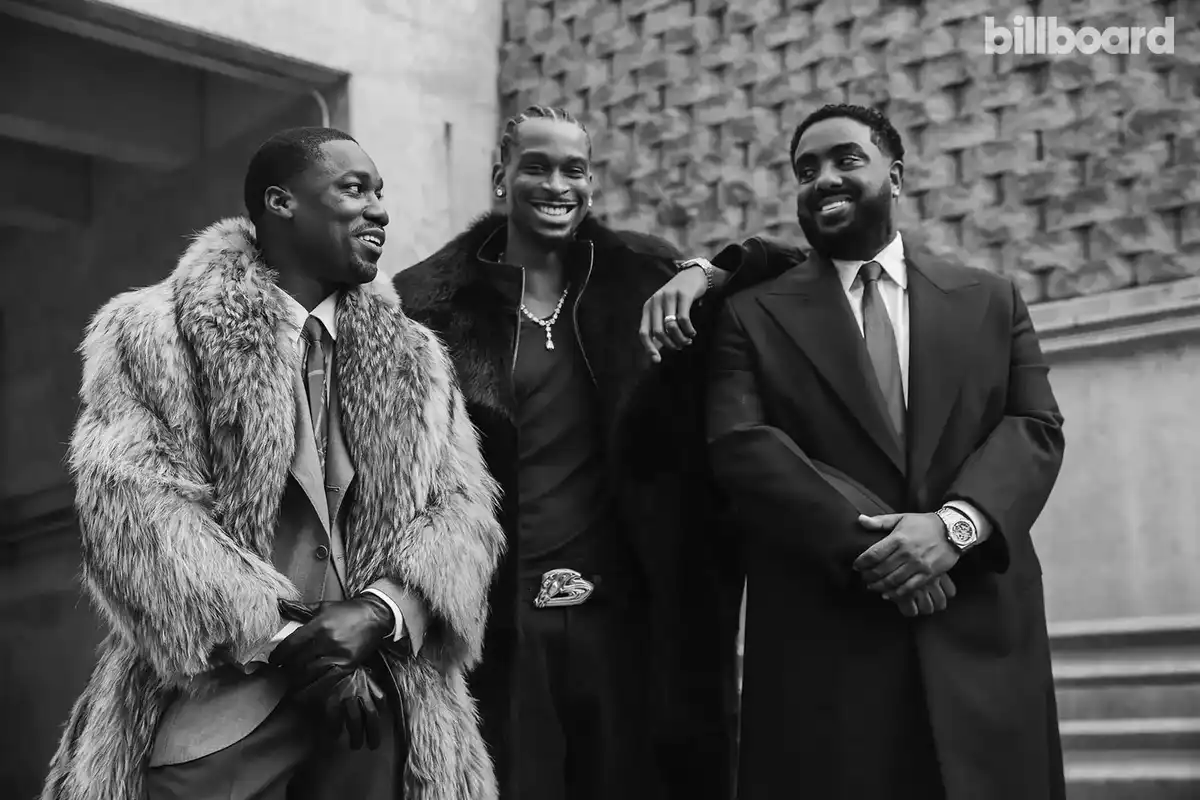




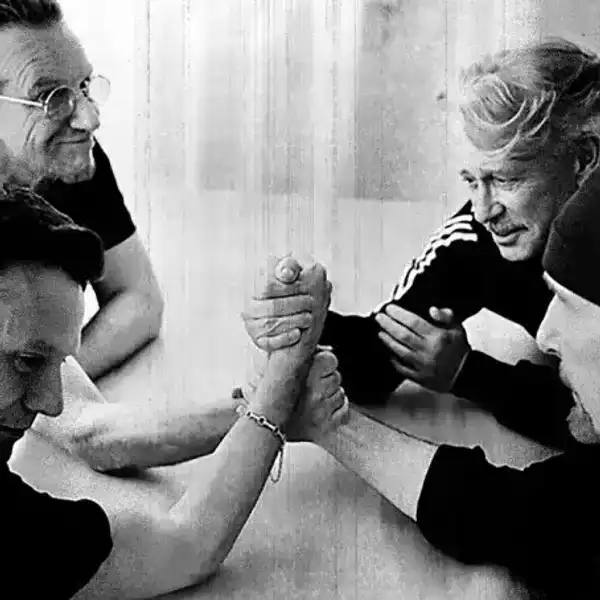





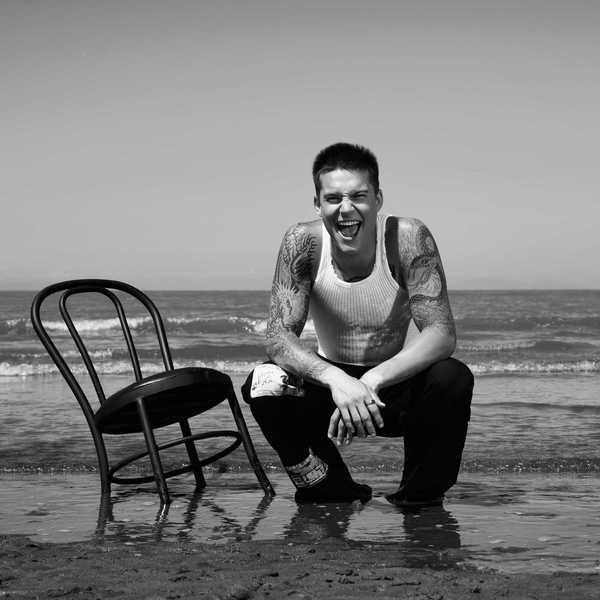

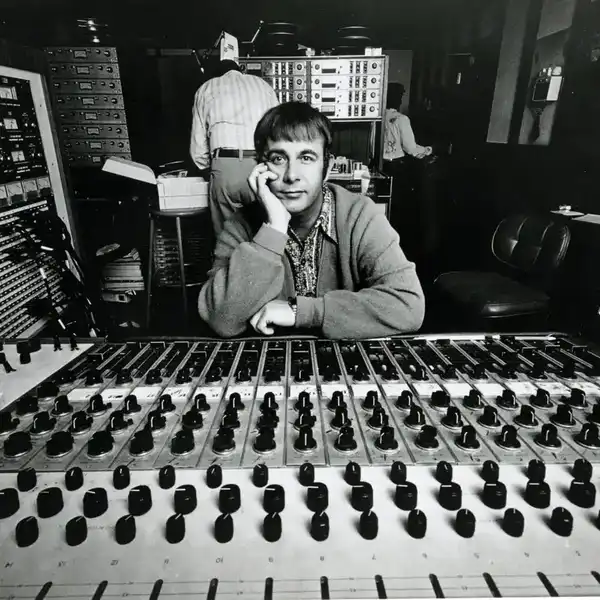


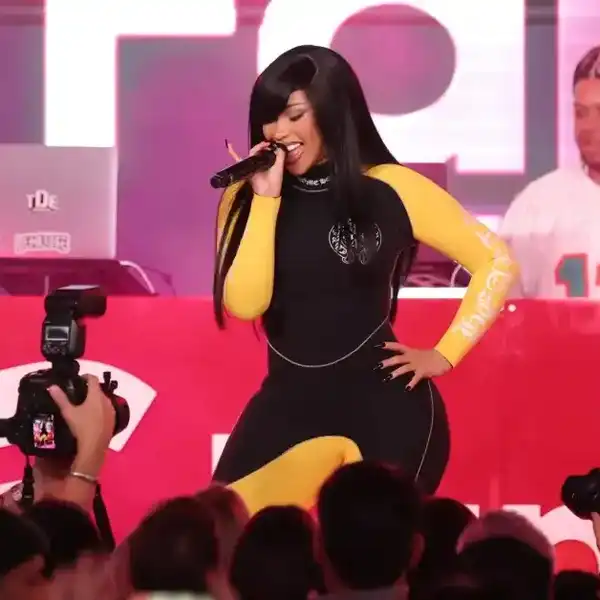
 Simon GebrelulDiwang Valdez
Simon GebrelulDiwang Valdez Shai Gilgeous-AlexanderDiwang Valdez
Shai Gilgeous-AlexanderDiwang Valdez GIVĒONDiwang Valdez
GIVĒONDiwang Valdez